The Transition from Communism to Capitalism: Ruling Elites from Gorbachev to Yeltsin
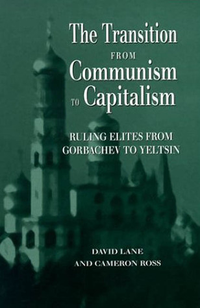
Summary
Crucial to the understanding of breakdown and transition are analyses of changes within the internal relations of national elites. In this book, the authors define and detail the political elites under state socialism, showing how the elites under Gorbachev were profoundly fragmented. They further reveal how, with the maturation of state socialism, new class interests arose which were cultivated by, and in turn influenced, the Gorbachev leadership. The authors put forth the argument that these class interests are strongly represented in today’s political "settlement" in Russia. They consider various interpretations of what has led to Russia’s current condition, including the idea that "executive" capital is more important than political capital and has been reproduced in the transition from communism.
Similar Books
-
 Democracy and Authoratarianism in South Asia
Democracy and Authoratarianism in South Asiaby Ayesha Jalal
-
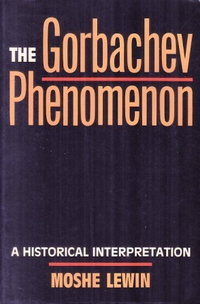 The Gorbachev Phenomenon: A Historical Interpretation
The Gorbachev Phenomenon: A Historical Interpretationby Moshe Lewin
-
 The Gorbachev Phenomenon : An Historical Interpretation
The Gorbachev Phenomenon : An Historical Interpretationby Moshe Lewin
-
 States, Ideologies, and Social Revolutions
States, Ideologies, and Social Revolutionsby Misagh Parsa
-
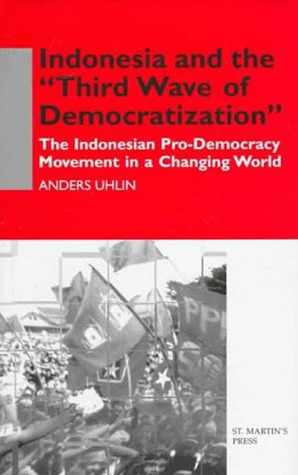
-
 Workers&State New Ord Indones
Workers&State New Ord Indonesby Vedi R. Hadiz
-
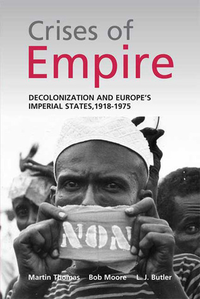
-
 1968: The World Transformed
1968: The World Transformedby Carole Fink
-
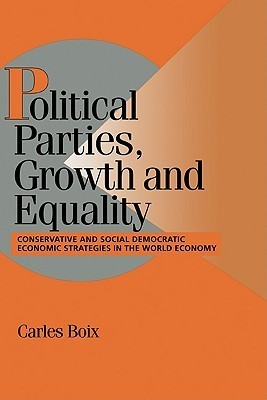
-
 Nationalism and its Futures
Nationalism and its Futuresby Umut Özkırımlı
-
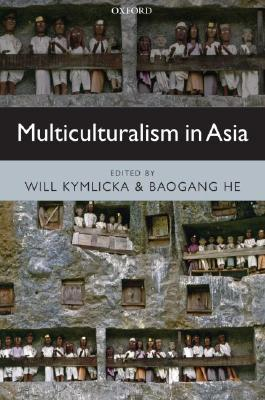 Multiculturalism in Asia
Multiculturalism in Asiaby Will Kymlicka
-
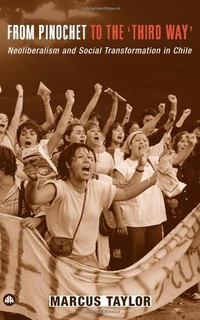
-

-
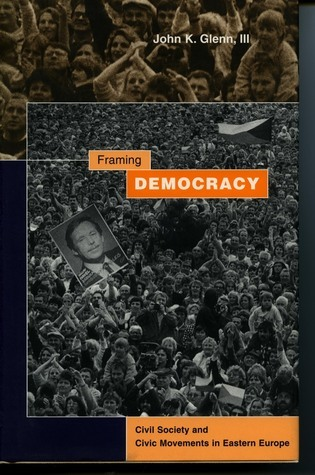
-
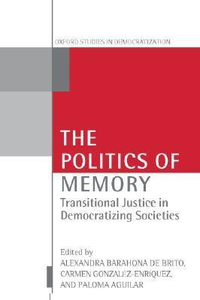 The Politics of Memory: Transitional Justice in Democratizing Societies
The Politics of Memory: Transitional Justice in Democratizing Societiesby Alexandra Barahona de Brito
-
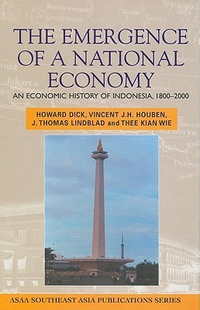
-

-

-
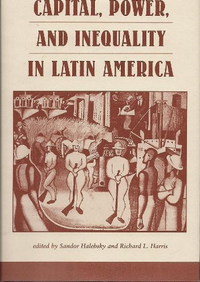 Capital, Power, And Inequality In Latin America
Capital, Power, And Inequality In Latin Americaby Sandor Halebsky
-
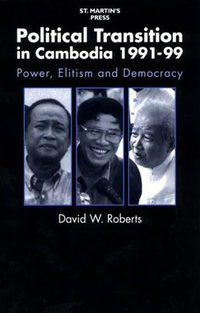 Political Transition in Cambodia 1991-99: Power, Elitism, and Democracy
Political Transition in Cambodia 1991-99: Power, Elitism, and Democracyby David Wesley Roberts
-
 The United States Contested
The United States Contestedby Sergio Fabbrini
-
 On Argentina and the Southern Cone
On Argentina and the Southern Coneby Alejandro Grimson
-

-
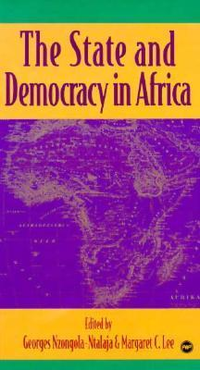 The State and Democracy in Africa
The State and Democracy in Africaby African Association of Political Science
-
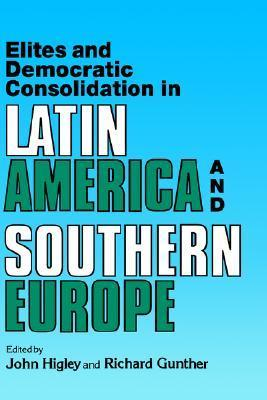
-
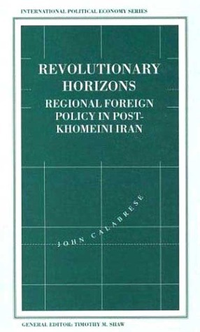 Revolutionary Horizons: Regional Foreign Policy in Post-Khomeini Iran
Revolutionary Horizons: Regional Foreign Policy in Post-Khomeini Iranby John Calabrese
-
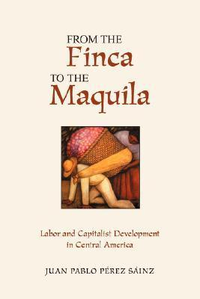
-
